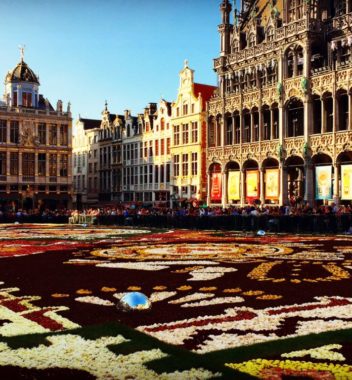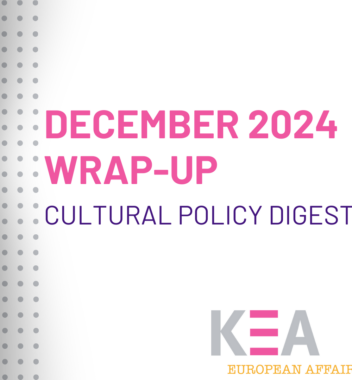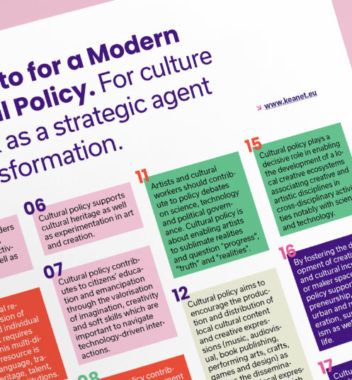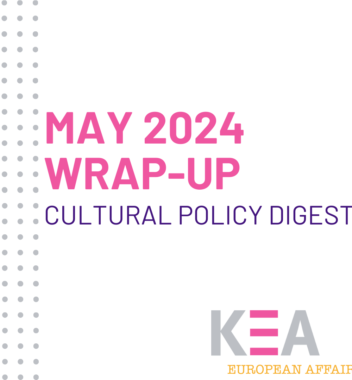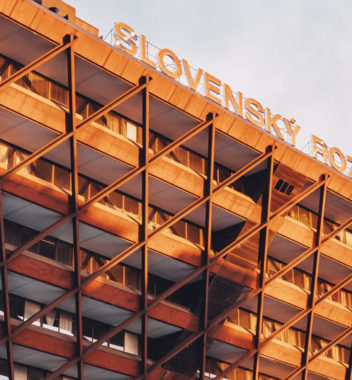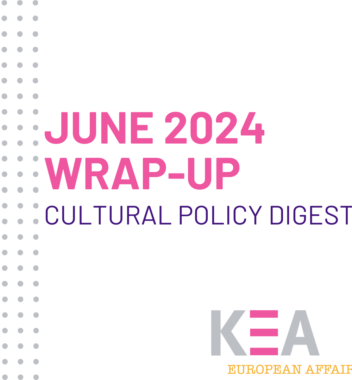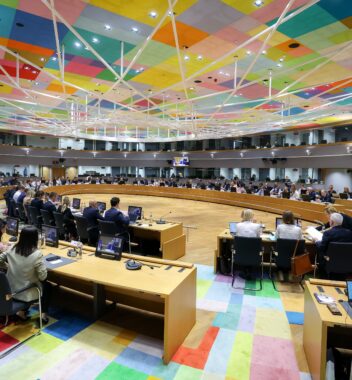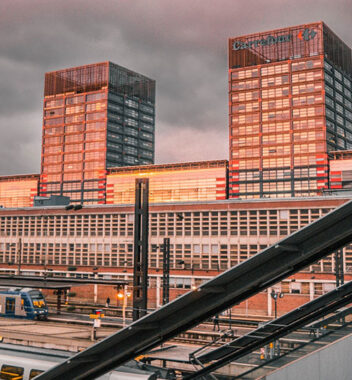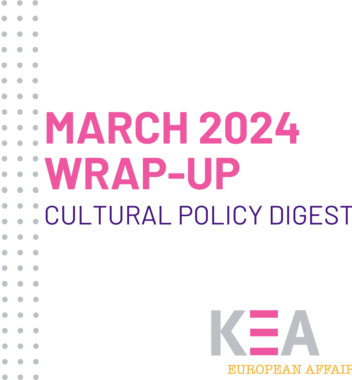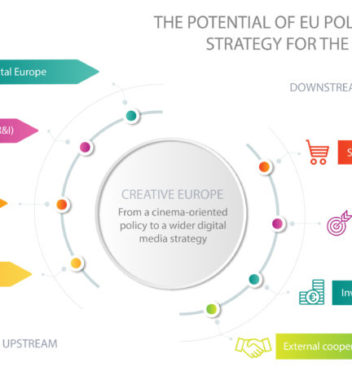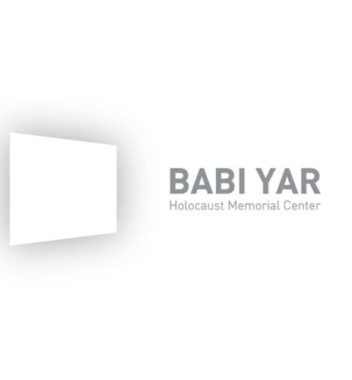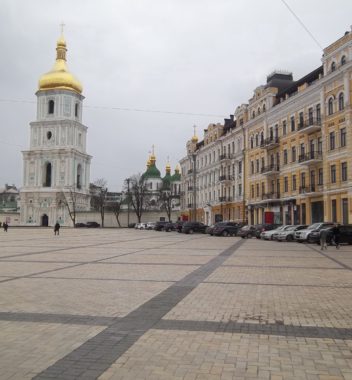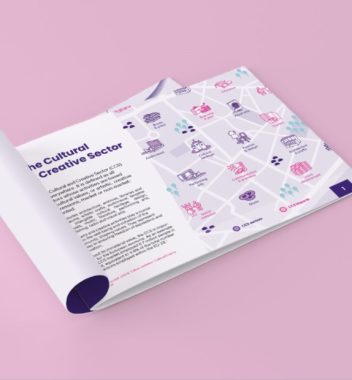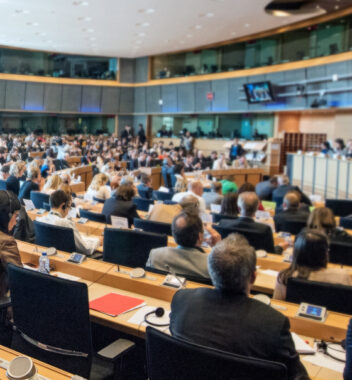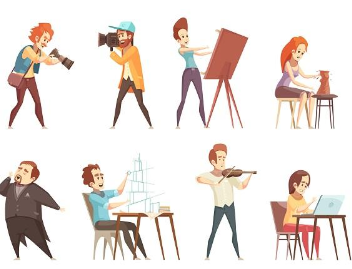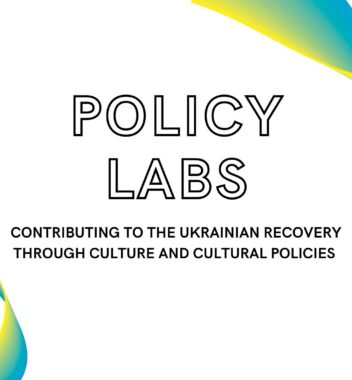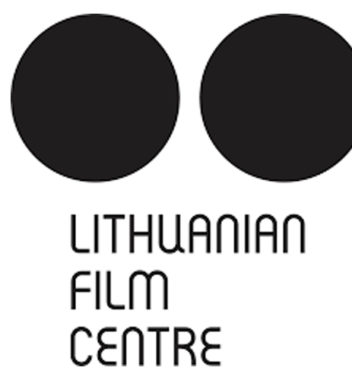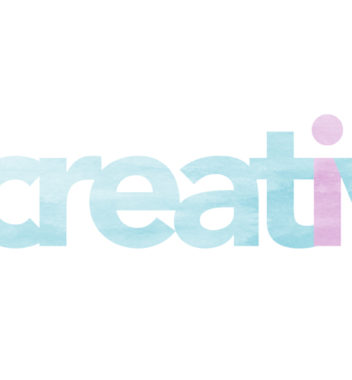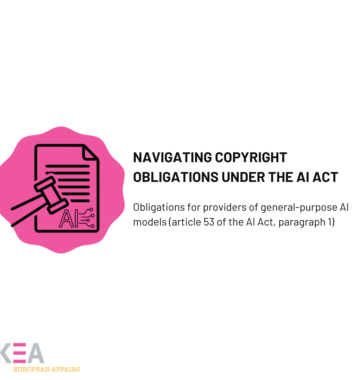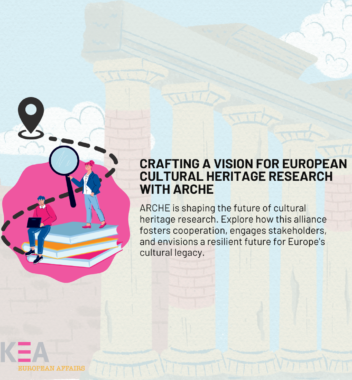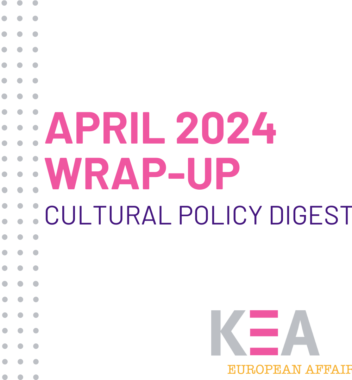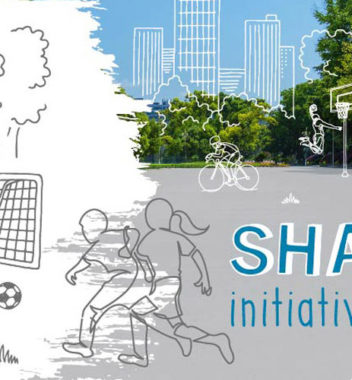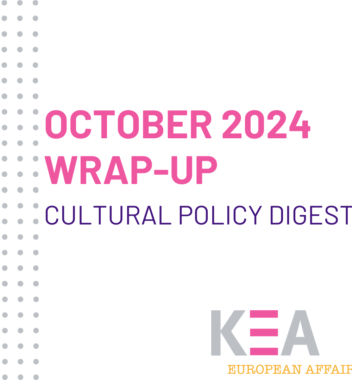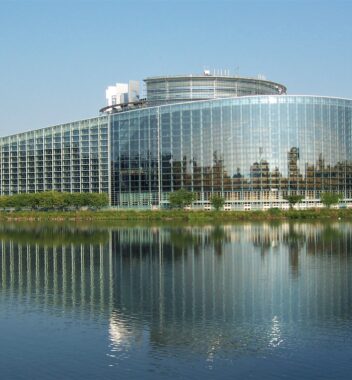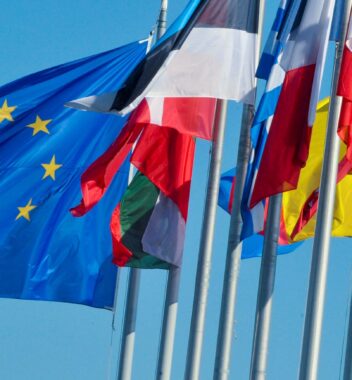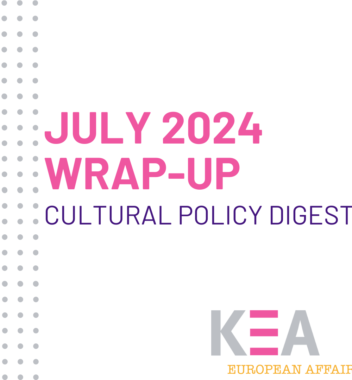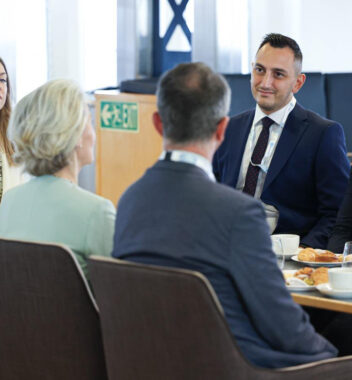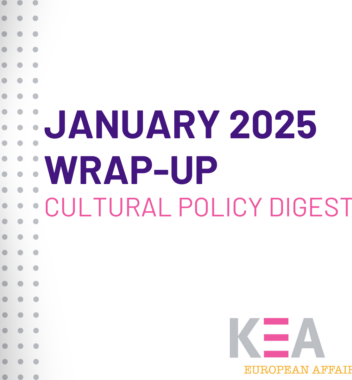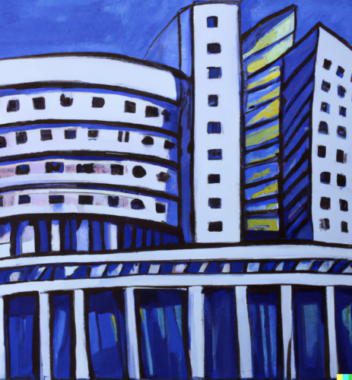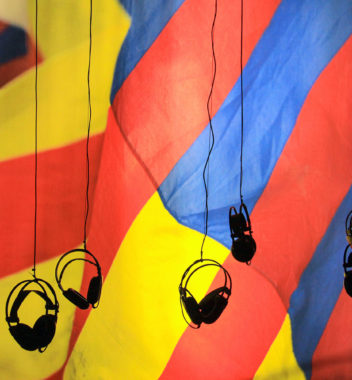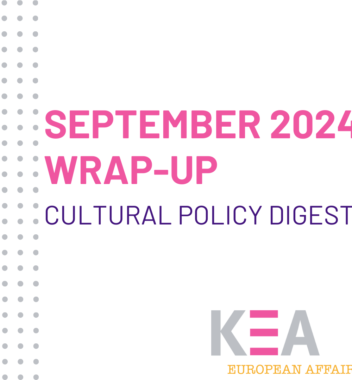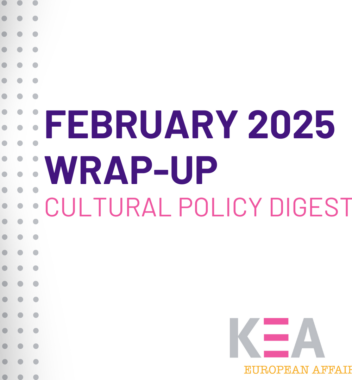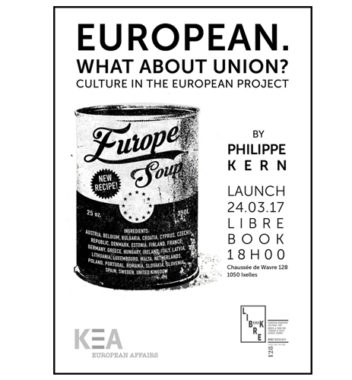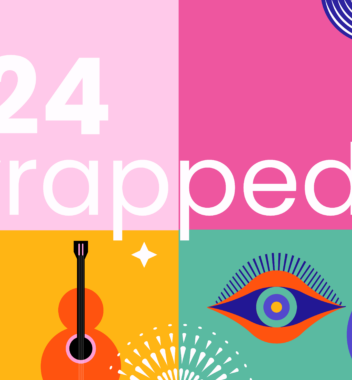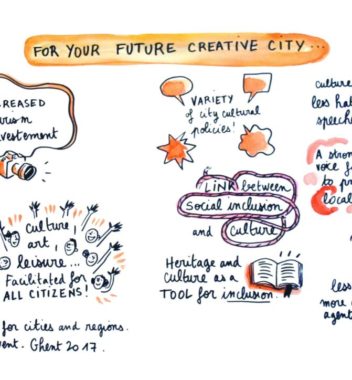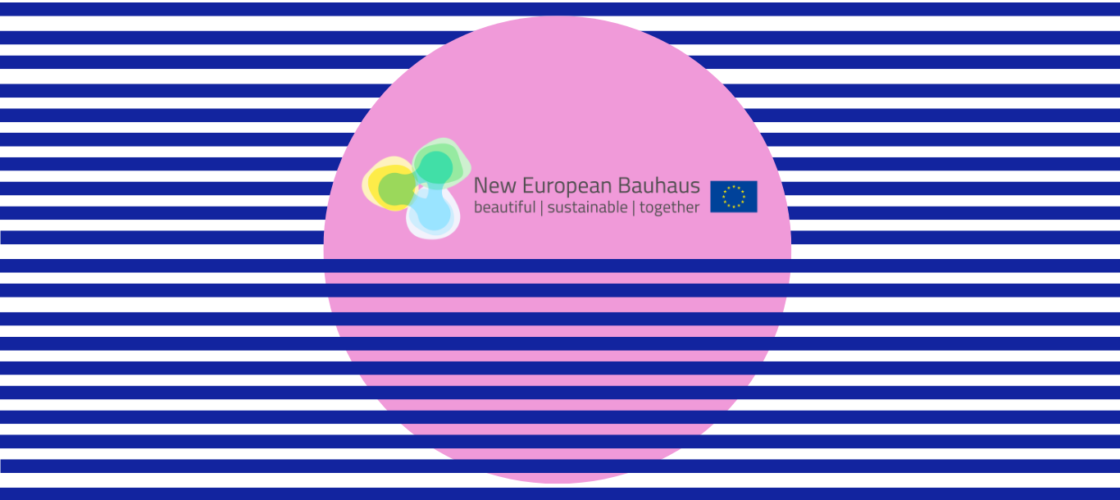
“If the European Green Deal has a soul, then it is the New European Bauhaus which has led to an explosion of creativity across our Union” . – Ursula Von der Leyen.
Through the New European Bauhaus (NEB) the European Commission is trying to translate the European Green Deal into a tangible change. Something that can be seen in the evolving lifestyle of European citizens and creative activities. A lifestyle able to match sustainability with design, that is good and attractive but also affordable for all.
The European Green Deal has been created by the European Commission to achieve climate neutrality by 2050. Well, the NEB has been put into place to help meeting this goal. It indeed acts as a guide on how to achieve a climate-neutral Europe while contributing as well through supporting and emphasizing the importance of participative, transdisciplinary and local initiatives.
This is done by bringing together people from various backgrounds, i.e., the creative sector, the academia, the public institutions, etc… encouraging small initiatives and the participation of each citizen with the objective of making places, practices and experiences sustainable, beautiful and inclusive and, in the longer term, contributing to mind-set changes. In a few words, the NEB brings a cultural and creative dimension to the European Green Deal.
The publication of the NEB progress report sheds some light on the achievements as well as on the incoming projects carried out by the initiative or that fall within its guidelines.
The NEB invested over 100 million euros, thanks to contributors such as Horizon Europe and the European Regional Development Fund, in projects offering innovative and transdisciplinary ways to transform territories. For instance, six innovative and transdisciplinary projects located in 14 countries (EU and non-EU members) have been selected to serve as ‘Lighthouse Demonstrators’ and were granted approximately 5 million euros each. In addition, the NEB awarded 38 NEB prizes to smaller initiatives and projects to support and encourage their actions through granting monetary prizes of up to 30.000 euros and bringing them visibility.
As the initiative faced scrutiny notably with regard to funding, considering it had no defined budget, the report highlights the effort made to mobilize funds through, for instance, building relationships with businesses and public authorities which can act as sponsors, and setting up a model financial instrument, the ‘New European Bauhaus territorial development model’, to gather funds.
Besides, if the NEB remains financially constrained, the initiative might still have a galvanizing effect in transforming territories sustainably as it provides a platform which rallies organizations and people behind common goals and values. Since its launch in 2020, the initiative has been building a network of partners consisting of non-profit organizations from both member and non-member states, and has expanded more recently to include businesses and public authorities which can join the network as Friends. It provides a framework for decision-makers wishing to develop projects aligned with the NEB’s philosophy on their territory and can offer some support through the NAB lab, which allows designing and testing tools and solutions. It also envisions developing its educational offer through the NEB Academy, which will provide training and knowledge sharing on sustainability and circularity topics. The NEB is meant to be a space of exchanges and co-creation, gathering people across borders and from various backgrounds around a shared vision. A hundred of NEB independents events and the NEB festival, one of the most impactful campaigns so far, allowed actors to exchange, share good practices across borders and disciplines, and explore opportunities for cooperation.
Culture and creativity are part of our everyday life, and we need to treat them as such. By taking care of the cultural dimension of society NEB is showing how it is possible to shift the perspective of European citizens and achieve structural change. Here at KEA, we are constantly working for the recognition of the cultural value for society and this project reconfirms the relevance of this topic and our daily efforts.
If you wish to get a more comprehensive picture of the NEB’s progress so far, this dashboard provided by the European Commission will allow you to explore the NEB projects and communities: https://web.jrc.ec.europa.eu/dashboard/NEB/
The complete progress report can be downloaded here.
